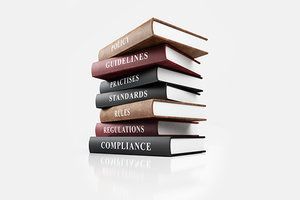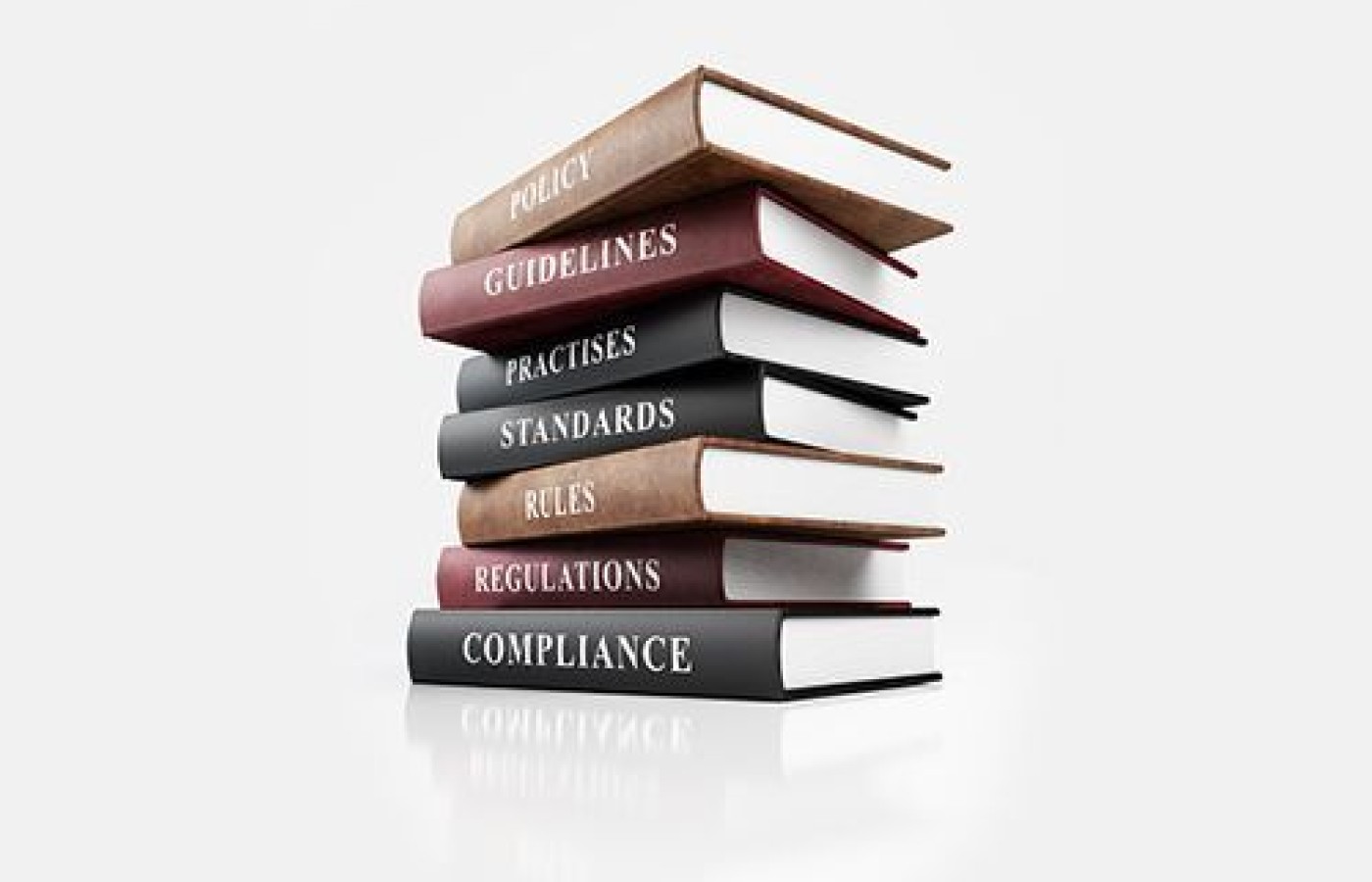The most important relationship I seek to nurture in the treatment room is the one a patient has with their own body. We live in a culture that teaches us to override pain, defer to outside authority, and push through discomfort. Patients often arrive hoping I can “fix” them, but the truth is, we can’t do the work for them. We can offer guidance, insight and support, but healing requires their full participation.
Acupuncture's Standard of Care
Both a concern and critique of acupuncture, frequently espoused by the bio-medical community is, "there is no standard of care in acupuncture." The following is why I believe this statement is disingenuous at best.
From The Medical Community
Before we get into what determines the standard of care is for and acupuncturist, we need to discuss what the phrase implies for medical doctors, since that's where it's derived from. The phrase is most commonly referenced in malpractice cases against emergency medicine physicians and is constantly evolving through court decisions.1 In recent cases, judges have ruled that standard of care is the minimal level of competency, compared to what another physician would have done under similar circumstances.
Straight from the American Medical Association's (AMA) Journal of Ethics:2 Standard of care can be defined as "...not a guideline or list of options; instead, it is a duty determined by a given set of circumstances that present in a particular patient, with a specific condition, at a definite time and place."
In other words, standard of care is sensitive to time, place, and person. This is a challenge to physicians who try to adhere strictly to clinical guidelines because the absence of absolute standards forces physicians to make judgments that may prove in hindsight to have been incorrect.
Licensing & Accreditation
There are a couple of entities involved in the governance of the practice of acupuncture in the U.S. The Accreditation Commission of Acupuncture and Oriental Medicine (ACAOM): this organization governs the accreditation and curriculum of institutions such as colleges and training programs.

The National Certification of Acupuncture and Oriental Medicine (NCCAOM): certifies individuals to practice acupuncture in the U.S. However, each state has its own requirements for practicing, and not all of them require certification. In addition, four states (WY, SD, OK, AL) don't have any requirements at all. California is a special exception, which has comparatively more stringent licensing requirements.
Education Programs
Before being enrolled in a professional acupuncture program, you must have at least 60 hours of credits at a university or accredited institution, which includes at least nine hours of bioscience.
In order to receive a masters degree from an accredited college / university3 and qualify to take the licensing exam, you must have fulfilled the following credit requirements4 (example taken from NYS Office of Professions): 4,500 hours of classroom instruction, which includes:
- an additional 200 hours of Biosciences
- 600 hours of study in acupuncture principles, technique, diagnoses, channel theory, location, case studies and precautions
- 650 hours of supervised clinical experience
If you are a licensed (MD/DO) or (DMD/DDS), with just 300 hours of study in an abbreviated program5 —versus— 4,500 in a masters degree program, you can be eligible for a license.
Acupuncture's Standard of Care
For the most part, licensed acupuncturist are not operating in the capacity of emergency medicine, except when they are.6 A significant part of our training does focus on pathophysiology and identifying red flag conditions, for which any competent practitioner should refer out. I can understand how there could be confusion around the issue of standard of practice when it comes to acupuncturist. Even with a similar educational background, treatment of a given condition will vary between practitioners. This is in part, due to personal preference and style7 of acupuncture. Though the approach may be different, the goal still remains to address the patient's condition.
Even the U.S. courts have acknowledged that differences in the approach of treatment do not constitute a deviation from standard of care or malpractice. Here is what seems to be a reasonable and logical instruction to the jury, from the trial judge in the 1995 case of McCourt v. Abernathy.8
The mere fact that the plaintiff's expert may use a different approach is not considered a deviation from the recognized standard of medical care. Nor is the standard violated because the expert disagrees with a defendant as to what is the best or better approach in treating a patient. Medicine is an inexact science, and generally qualified physicians may differ as to what constitutes a preferable course of treatment. Such differences due to preference ... do not amount to malpractice.
I further charge you that the degree of skill and care that a physician must use in diagnosing a condition is that which would be exercised by competent practitioners in the defendant doctors' field of medicine...
Negligence may not be inferred from a bad result. Our law says that a physician is not an insurer of health, and a physician is not required to guarantee results. He undertakes only to meet the standard of skill possessed generally by others practicing in his field under similar circumstances.
So why would this reasoning not apply to acupuncturist? If we are truly putting the patient's welfare first, it's past due to put aside petty biases. From the opioid epidemic, to diabetes and other chronic illnesses, there is a high cost to pay, both human and financial, for not using an integrative approach.
As pointed out by By Elizabeth A. Wang, BS/BA, MD Candidate '17, UC Davis School of Medicine.9
According to the Centers for Disease Control and Prevention (CDC), 70 percent of all deaths are due to chronic disease, and the cost of chronic care exceeds $1.5 trillion a year, or 75 percent of all medical expenses. Only a fraction of our budget is spent on prevention and health promotion, despite evidence that prevention can do much to reduce the burden of chronic disease.
References
- Moffett P, et al. The Standard of Care: Legal History and Definitions: the Bad and Good News. West J Emerg Med, 2011;12(1).
- Grady A. The Importance of Standard of Care and Documentation. AMA Journal of Ethics, Nov 2005;7(11).
- The 20 Best Acupuncture Schools in the U.S. Thebestschools.org, 2018.
- Univerisity of the State of New York. License Requirements. Office of the Professions, 2018.
- Prospective Students. Tri-State College of Acupuncture, 2018.
- Acupuncture Emergency Room Hospital Care Gets a Yes. Healthcare Medicine Institute, 21 March 2014.
- Introduction to Acupunctue and Chinese Medicine. Ying Yang House, 2018.
- Leake R, et al. Current licensure for acupuncture in the United States. Altern Ther Health Med, 1999; Jul;5(4):94-6.
- East Meets West: How Integrative Medicine is Changing Health Care. Explore Integrative Medicine, 2018.



